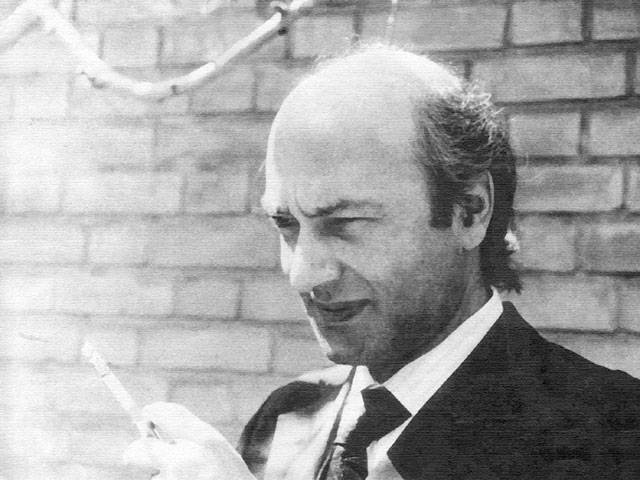“Modernity is one of the most delicate and vital issues confronting us, the people of non-European countries and Islamic societies. A more important issue is the relationship between an imposed modernization and genuine civilization. We must discover if modernity as is claimed is a synonym for being civilised, or if it is an altogether different issue and social phenomenon having no relation to civilisation at all. Unfortunately modernity has been imposed on us, the non-European nations, in the guise of civilization.”
–Ali Shariati
Dr Ali Shariati was born on November 23, 1933 in Mazinan, Iran. For many in Iran and Pakistan, Ali Shariati is a name not unknown. Shariati was an Iranian revolutionary, sociologist, reformer, thinker, and a prolific writer. Shariati was well known for his opposition to the Shah regime that was ruling Iran with firm grip on the governmental affairs. Shariati is also known as the “ideologue of the Iranian Revolution.”
To understand the longevity of Shariati’s work it is important to recall that Shariati successfully revisited and discovered the revolutionary spirit of Islam through his work. He was the iconoclast. Shariati was well trained in Eastern and Western philosophical and political thoughts. Muhammad Iqbal’s works were a major source of influence on Shariati’s thinking and beliefs. Shariati was also in close contacts with Africans who were struggling to liberate their countries from the yoke of western imperialism. He extended his solidarity to different nationalist movements that were gaining momentum in Africa.
In present days, when a truncated version of religion is spreading in the muslim world, the need is to revisit Shariati’s works to comprehend the revolutionary spirit of Islam.
SAVAAK, the secret police, is suspected for Shariati’s untimely death.






